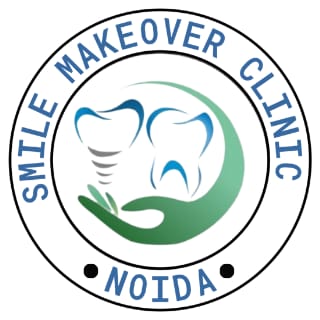Frequently Asked Questions (FAQs)
What causes tooth decay?
Tooth decay is primarily caused by a combination of poor oral hygiene, bacteria in the mouth, and a diet high in sugary and acidic foods and beverages.
How can I prevent tooth decay and gum disease?
To prevent tooth decay and gum disease, it's important to maintain good oral hygiene practices. This includes brushing your teeth twice a day with fluoride toothpaste, flossing daily, eating a balanced diet, limiting sugary and acidic foods and drinks, and visiting your dentist regularly for check-ups and cleanings.
What are the treatment options for a cavity?
The treatment for a cavity typically involves removing the decayed part of the tooth and filling the space with a dental filling, such as composite resin or amalgam. In more severe cases, a dental crown may be needed.
Are dental X-rays safe?
Yes, dental X-rays are considered safe. The amount of radiation exposure from dental X-rays is minimal, and dentists take necessary precautions, such as using lead aprons and collars, to protect patients from unnecessary radiation.
What are the symptoms of gum disease?
Symptoms of gum disease may include swollen or tender gums, bleeding while brushing or flossing, persistent bad breath, receding gums, and loose teeth.
Can I whiten my teeth at home?
Yes, there are various at-home teeth whitening options available, such as whitening toothpaste, whitening strips, and whitening trays. However, it's recommended to consult with your dentist before starting any whitening treatment to ensure it's safe for your teeth and gums.
What can I do for a toothache?
If you have a toothache, rinse your mouth with warm saltwater, floss to remove any trapped food particles, and apply a cold compress to the affected area to reduce swelling. It's essential to see your dentist as soon as possible for a proper diagnosis and treatment.
What should I do if my tooth gets knocked out?
If your tooth gets knocked out, gently rinse it with water without scrubbing, and try to place it back into the socket if possible. If that's not feasible, store the tooth in a container of milk or saliva and seek immediate dental attention. Time is crucial for the successful re-implantation of a knocked-out tooth.





